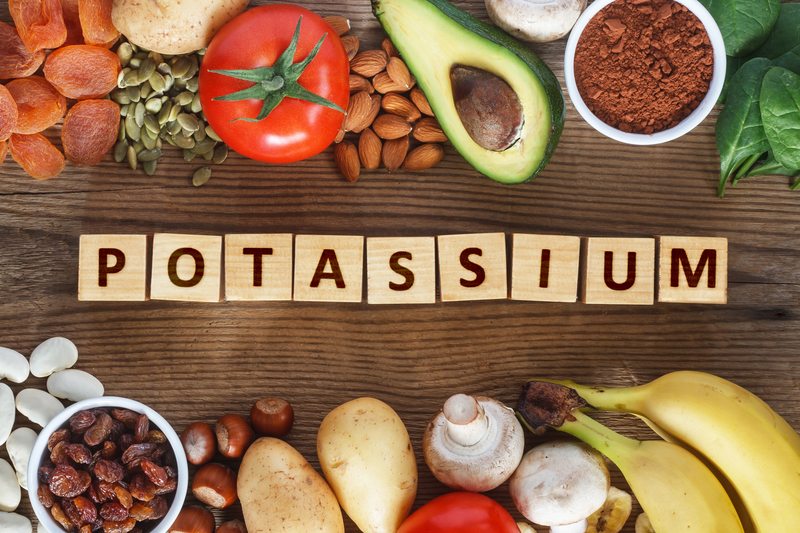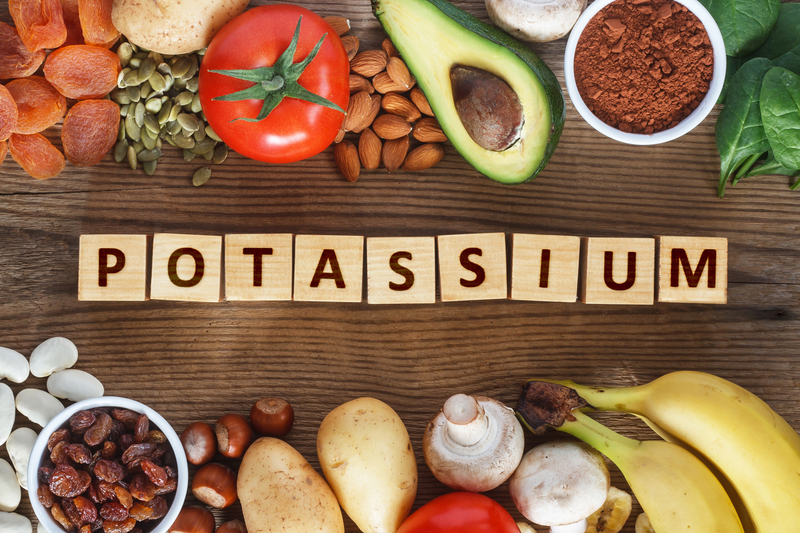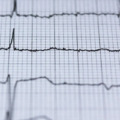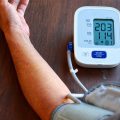Muscle spasms, nerve problems, and low energy levels are just a small part of health issues that may cause potassium deficiency. More than 80 percent of adult Americans don’t consume the recommended daily amount of this mineral. While a diet low in potassium cannot cause severe potassium deficiency, severe fluid loss can.
Below are 7 signs that can indicate that your potassium levels are low.
1. Digestive issues
Potassium deficiency often contributes to gut issues and poor digestion. Potassium helps maintain a connection between your gut lining and brain. This connection is crucial because it helps the digestive system process foods you eat. If your levels of potassium are low, your brain cannot process signals from the gut as effectively and contractions of the digestive system become weaker. Weak digestive construction may result in issues like bloating and constipation.
2. Numbness
All of us experience numbness in the hands, arms, legs, and feet from time to time. You probably know this feeling as something that happens after being in one position for too long. But if numbness or tingling occurs without reason, this can be a symptom of potassium deficiency. Low levels of potassium in your blood can inhibit nerve signals and result in numbness.
3. Fatigue
Potassium deficiency may be responsible for persistent feelings of weakness and fatigue. Potassium is a mineral that helps regulate muscle contractions. When the levels of this mineral in your blood are low, your muscles cannot contract as efficiently as they should. This causes a feeling of weakness. Because potassium affects the way your body absorbs and uses nutrients from foods, its deficiency can leave you fatigued.
4. Heart palpitations
Heart palpitations are a health issue when your heart starts beating faster, harder, and irregularly. You may experience the same symptoms during stressful situations or anxiety. But when this occurs in a state of calm, you may have potassium deficiency. This happens because the potassium that flows to your heart and out of it helps regulate your heart contractions, also known as your heartbeat. When the levels of potassium are low, your heart may beat too fast or skip beats. It is also crucial to visit a cardiology clinic to exclude the risk of underlying heart conditions.
5. Muscle cramps
When the potassium levels in your blood are low, you may experience sudden, uncontrolled muscle contractions. Potassium helps maintain the connection between your muscle cells and the brain. It helps start and stop muscle contractions. When the levels of potassium low, your brain cannot communicate with muscles in the way it should. This results in long-lasting, painful muscle spasms.
6. Mood disorders
Potassium helps maintain the electrical conductivity of the brain and nerve transmissions. Its deficiency can affect your brain function, contribute to mood disorders, and decrease memorization. It may become challenging for you to concentrate and perform complex tasks. Potassium plays a role in the transportation of serotonin (feel-good hormone). Low levels of potassium put you at a risk of developing depression and mood swings.
7. Muscle pain
There are many causes of muscle pain and stiffness. You may experience aches after a sweat-dripping workout, because of bacterial infections, autoimmune disorders, or potassium deficiency. Potassium helps regulate the blood flow to your muscles. When the levels of this mineral in your blood are low, your muscle cannot get a sufficient blood supply. As a result, your muscles suffer from oxygen and nutrients deficiency, which results in pain and aches.
Ways to increase your potassium intake
The most obvious and easy way to increase your potassium intake is a food supplement. If you have a severe deficiency, ask your doctor about a prescription. Another way to increase potassium levels in the blood is potassium-rich foods. You need to include in your diet products like bananas, white beans, avocado, sweet potatoes, and beet greens. These foods are readily-available in most grocery stores and are easy to cook.








































No Comments